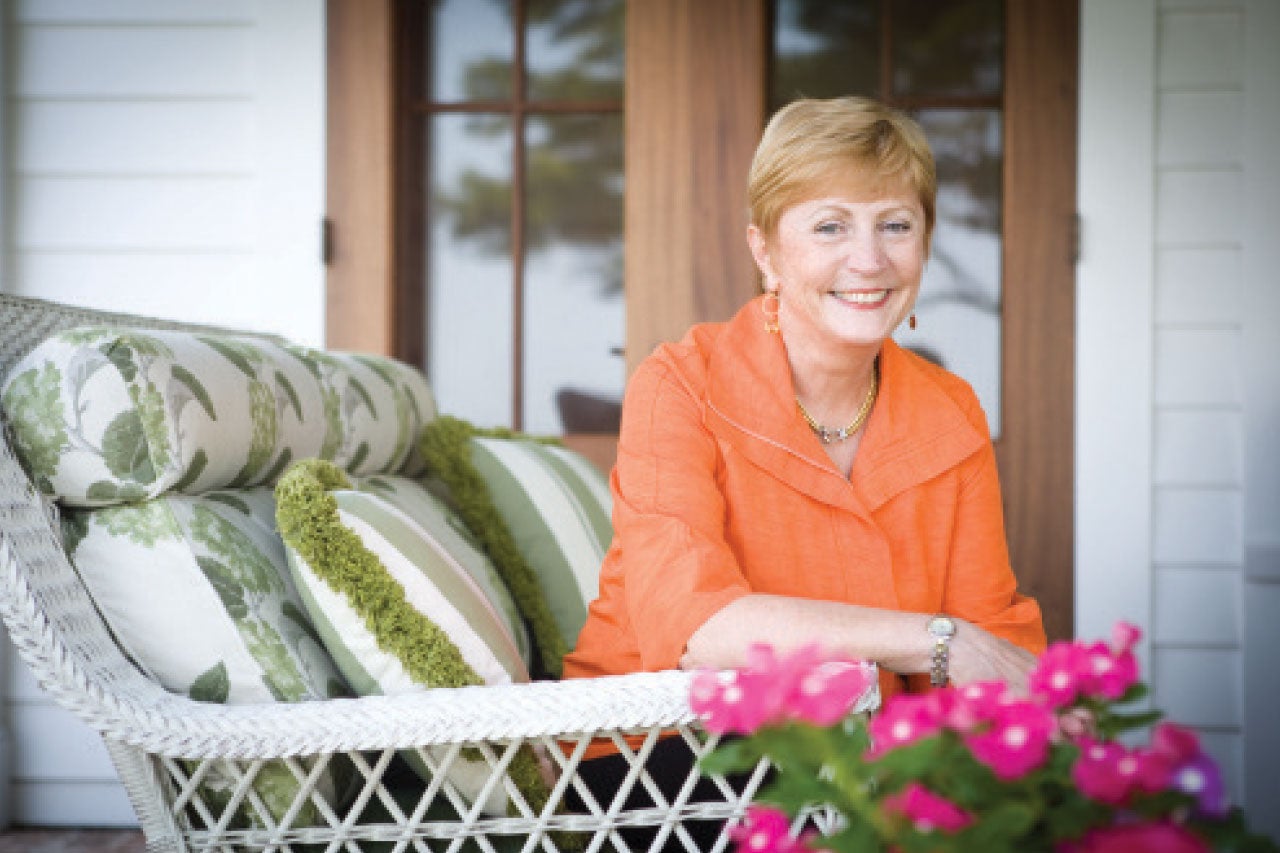With the demands of coursework and the distractions of modern life, conquering college can take a village. And when you arrive on campus after having overcome drug or alcohol addiction, that collective effort may even determine whether or not you walk through Porters Lodge with a degree in hand.
The newfound freedom of college brings with it new notions to consider, new hats to try on and new social settings that are sometimes stocked with temptation. For those in recovery, this can present considerable challenges to remaining sober.
Then there are the rigors of college-level classes, which call for skills these students may not have mastered during the years they struggled with addiction. Without a safety net to help reinforce scholarly habits, such as good study practices and time management, life on campus can feel like swimming upstream in unpredictable rapids.
Alicia Caudill, the College’s executive vice president of student affairs, and her team know the statistics when it comes to students dealing with substance abuse, and they want to make sure these students don’t face these hurdles alone. A study from the National Center on Addiction and Substance Abuse estimates that around 21 percent of college students nationwide meet the medical criteria for substance abuse or dependence. What’s more, the study reports 37 percent of them fear seeking help because of social stigma.
National trends show many campuses are enhancing their focus on student wellness through a service referred to as a collegiate recovery program. Caudill explains, “For students who have had the courage to enter treatment and the strength to continue on that journey, this program provides physical and psychological space for students to make deep connections with other students
and professionals who understand their journey.”
The Division of Student Affairs is well underway in establishing the College’s first collegiate recovery program, which will help normalize sobriety and serve as a beacon for those still struggling. The program will offer social activities and academic assistance to buoy students up, while at the same time holding participants accountable for their role in navigating their recovery from addiction. By supporting recovery through collaboration, guidance and expertise, the program will provide the crucial structure needed for these students to thrive.
To get the program off the ground, Caudill needed support, too. Such an endeavor requires a director with counseling accreditations – and that requires funding. Thankfully, she found a fast friend in Patty Scarafile ’66 (pictured here). Scarafile learned about the program through her recovering son and his friend Steve Pulley, who’s been working behind the scenes to help the College launch it. When Pulley mapped out the concept, it went straight to Scarafile’s heart: “When Steve told me about the plans, my first words were, ‘How can I help?’”
Scarafile’s contribution has been a game-changer. Along with making a personal donation to the program, she hosted a networking event at her home that inspired many others to rally around the program as well. What’s more, Scarafile championed the program in her role as CEO of Carolina One Real Estate, recommending it for a donation from its Michael O’Shaughnessy Foundation. The foundation’s support has also been instrumental in helping to launch the program.
The potential of this program has just begun, both for arriving students and for those who are graduating. “Kids who have been using have less than a stellar résumé,” says Scarafile. “But after they have achieved sobriety, and fought that tough fight, they often become better, smarter and more mature. And, they will go out into the world and help others overcome their battles.”
And, with encouragement from a community leader like Scarafile, the impact of such a program is quickly extending beyond the confines of campus.
“The support has been incredible and will change the lives of the students in the program,” says Caudill. “They are also changing the lives of those in our greater community, including me, whom these students touch with their stories of courage, intellect and success.”
This great cycle of giving illuminates just what it is that we all need to heal: the right help from the right people.




